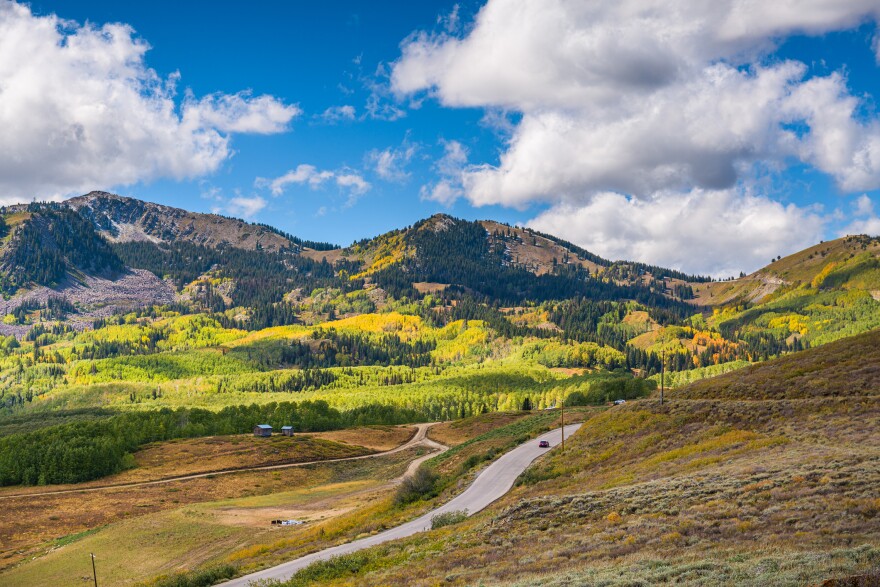Park City officials held a panel Tuesday night to answer questions about a proposed toxic soil repository near the outskirts of town.
In the late 1800s, Park City became a mining town and as a result the soil became contaminated with chemicals like lead and arsenic.
David Everitt, Park City’s deputy manager said there are several reasons why they proposed the facility. He said most importantly, it’s the city’s social responsibility to take care of their soil instead of transporting it elsewhere.
“Part of our legacy and history as a city is this mining by-product,” Everitt said. “So not exporting that problem to other communities is an important part of the conversation.”
He said it’s also more cost effective and carbon friendly. Preliminary estimates show Park City could save $10 to $20 million in the next decade by not spending money on soil transportation for city projects — like a new community neighborhood center in the city’s arts and culture district.
Summit County Council Member and resident, Roger Armstrong said the repository is not a decision that should be taken lightly. He said there hasn’t been enough input from the community and health and environmental specialists.
“The city has not had a robust public conversation about it,” Armstrong said. “They’ve not taken information from the experts in any kind of public forum about the content of the toxic soils there.”
Angela Moschetta lives in Park City and said there hasn’t been enough information given to residents about the safety of storing the soil nearby.
“The reality that it could be a potentially environmental or public health catastrophe is concerning to everyone who wants to know they are breathing clean air,” she said.
Several residents cited concerns about potential dust from the soil affecting their health.
A public comment meeting on the proposal is scheduled for July 15.


